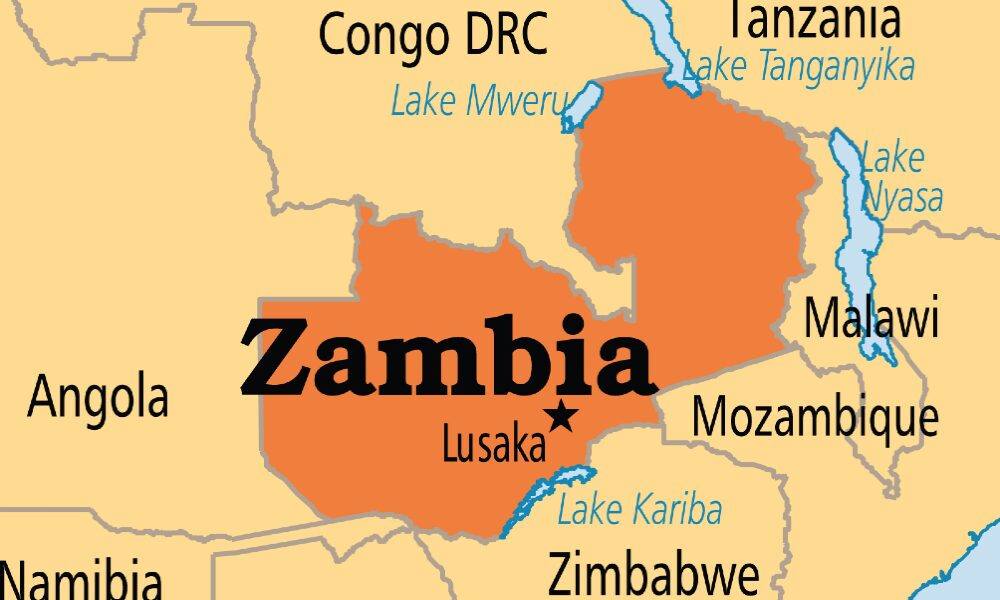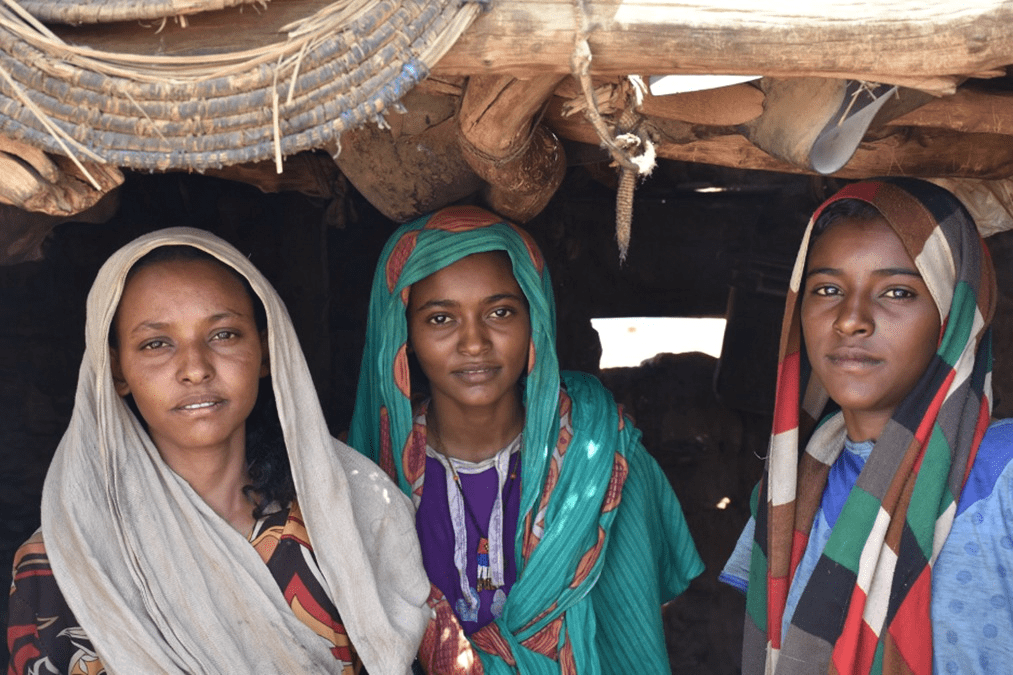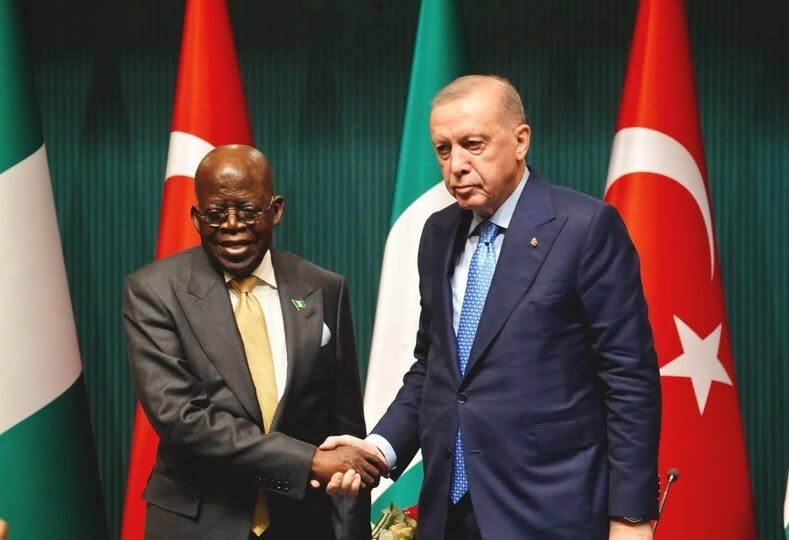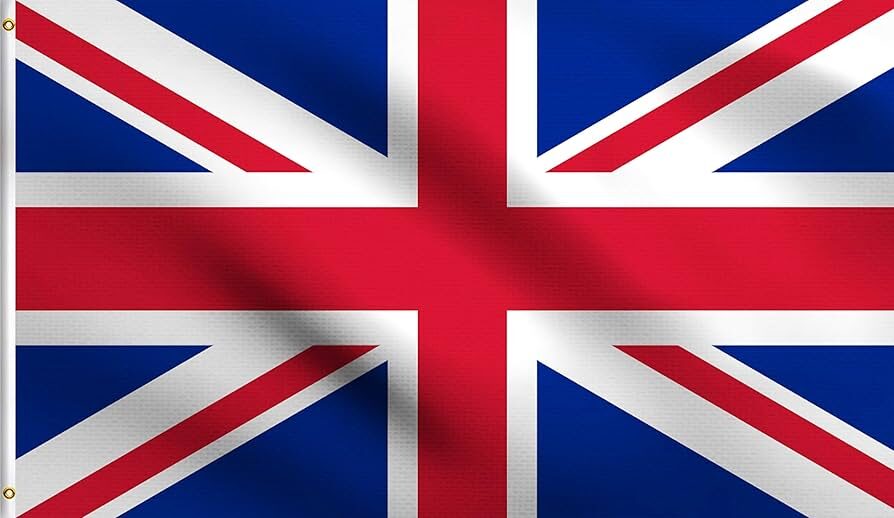
Monday 21st April 2025

African Development Bank approves $19.85 million grant for crisis response to the most vulnerable in Sudan’s conflict areas
By inAfrika Reporter
In a time when hope feels scarce for millions across Sudan, a new light has been lit. The African Development Bank has stepped in with a grant worth $19.85 million to offer not just relief, but a way forward for families torn apart by conflict. This isn’t just another fund or fleeting aid package it’s a lifeline designed to reach 1.5 million people, which translates to over 260,000 households, most of them led by women.
Sudan is caught in the grip of overlapping crises, with internal conflict displacing over 11 million people and pushing nearly 4 million more across borders. In the midst of this turmoil, the African Development Bank, in partnership with the International Committee of the Red Cross, is launching a two-year intervention under the Crisis Response for Women and Affected Communities in Sudan project. The focus goes beyond immediate food and water it aims to rebuild shattered lives, mend broken systems, and offer a future where people can thrive again.
With funding from the Transition Support Facility, the program will support training for frontline responders, repair and restore up to five health facilities and four emergency centers, and rehabilitate essential infrastructure, including water, energy, and irrigation systems. It will also provide emergency supplies food, cooking tools, hygiene kits and distribute farming inputs like seeds and tools to help households replant their lives from the ground up. A key element of the project is empowering women, especially those who have suffered from gender-based violence, by offering cash grants and targeted support that help them take control of their livelihoods again.
Dr. Beth Dunford, the Bank’s Vice President for Agriculture, Human and Social Development, made it clear that this effort is not just about addressing immediate needs. It’s about restoring dignity and building resilience. “There is no real peace without inclusive development,” she said, highlighting the importance of reaching the most affected populations and rebuilding their trust in society and institutions. This support becomes even more crucial as humanitarian access becomes increasingly limited and the gap between emergency relief and sustainable recovery continues to widen.
The ICRC will take a lead role in executing the project, ensuring that assistance gets to the people who need it the most through its deep local networks and neutral humanitarian presence. They’ll work across conflict-affected regions in cities, towns, and rural communities, particularly focusing on areas with high concentrations of displaced people. As the project begins to roll out, it will not only provide short-term relief but lay the groundwork for long-term change, helping Sudan rebuild from within.
What this grant represents is more than just financial assistance. It’s a statement a commitment that Sudan is not forgotten, and that its people deserve the chance to recover and rebuild. In the face of despair, such actions serve as a reminder that when institutions work together with compassion and strategy, transformation becomes possible.


